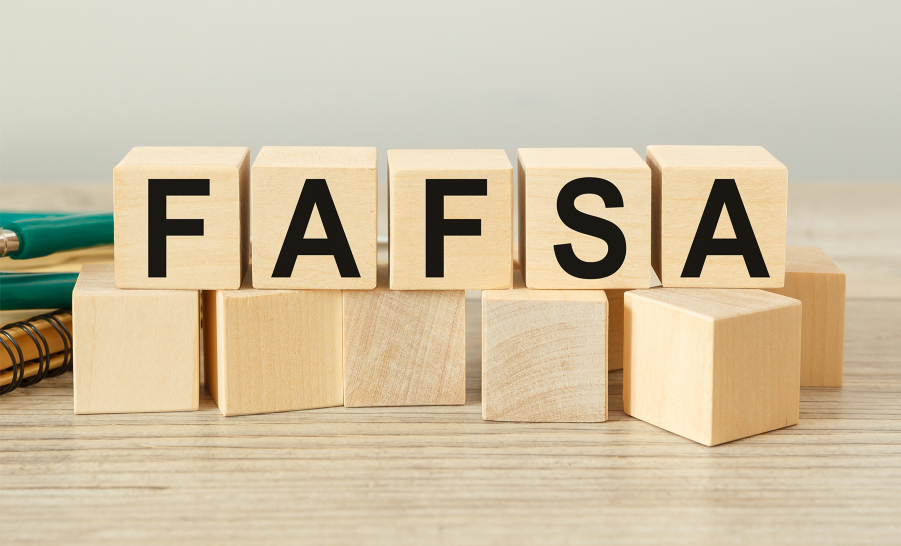#AdvocateFirstgen: Three Ways to Create Relief Legislation Awareness
How can higher education professionals #AdvocateFirstgen by familiarizing themselves with portions of COVID-19 relief legislation that affect first-generation students?
FirstGen Forward / September 07, 2021

The Department of Education recently made two announcements related to the federal student aid verification process that will affect first-generation students. The July 13, 2021 notice specified temporary changes for the 2021-22 award year to “provide relief to millions of students and colleges facing challenges as a result of the COVID-19 pandemic.” This is great news for first-generation students who may face hurdles in supplying required documentation. However, in a notice published in the Federal Register on September 1, 2021, the Department of Education ended the flexible policies for the 2022-23 award year and reinstated the pre-COVID-19 verification process.
The federal aid verification process consists of an audit of a subset of federal student aid applicants. These students are required to provide additional documentation to confirm the accuracy of information they provided on their Free Application for Federal Student Aid (FAFSA) form. A policy analysis from a few years ago revealed that “low‐income students seem to be three times (emphasis added) more likely to be selected for verification than middle‐ and high‐income students.”
Challenges faced by students selected for verification include not being able to provide the additional documents requested or not realizing that they were selected to provide this information. The announcement affecting the current academic year specifies that verification requests will focus on preventing identity theft and fraud. Conducting audits in these limited situations should significantly reduce challenges many students face during the process.
The reduction of verification complexities that students face is short-lived with the notice to rescind the changes for the 2022-23 award year. Over roughly ten pages of the Federal Register notification, the Department of Education outlines a variety of situations and documentation that will be accepted. While the announced process simply reinstates the process that existed prior to the COVID-19 pandemic, it appears misaligned with the Department of Education’s charge to simplify the FAFSA pursuant to the FAFSA Simplification Act, which passed on December 27, 2020.
Review the Department of Education’s contact information on its website and in the Federal Register notice.
Learn how to author and submit effective written comments via available communication channels.
Take to social media and share your concerns about verification with the Department of Education using its Twitter handle (@usedgov).
Show your support by reminding the Department of Education that the relaxed verification policies implemented during the pandemic remain a mechanism for reducing barriers to college access for first-generation and other underserved students. Sharing personal stories about the challenges first-generation students encounter as a result of these policies can be an effective strategy to spark a review.
What strategies have helped you to champion first-generation students successfully? Share your perspective on first-generation student advocacy and pertinent policy issues across social media with #AdvocateFirstgen.